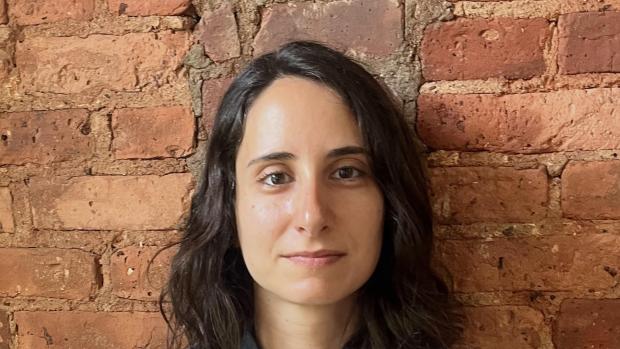NYU Tandon professor wins Google Award for Inclusion Research
Magdalena Fuentes of the Integrated Design & Media program trains AI models to better analyze non-mainstream musical genres

At this point, much has been written about the bias built into some AI systems: the HR screening process that filters out applicants with non-European sounding names, for example, or the bank whose loan approvals are based on faulty assumptions about residents of certain neighborhoods.
Now, Magdalena Fuentes, an assistant professor who divides her time between Steinhardt’s Department of Music and Performing Arts Professions and Tandon’s Integrated Design & Media (IDM) program, is addressing the gap between Latin American music traditions and the field of Music Information Research (MIR).
Closing that gap in MIR will promote an inclusive, multicultural approach to music research that embraces the challenges that these music traditions provide, extends the benefit of these technologies to all, and supports creative, educational and research efforts surrounding music within the Latin American community.
She and her colleagues thus aim to develop both corpora (collections of samples) and culturally sensitive data-driven tools for underrepresented music traditions such as Uruguayan Candombe, Brazilian Samba, and Argentinian Tango. Specifically, they hope to extend current state-of-the-art source separation and generation methods to deal with the particular timbric and stylistic traits of these genres.
“Arguably, sound source separation and generation are at the core of creation and educational music tools, and they support other applications such as music transcription and analysis,” she explains. “The availability of source separation and generation tools for Latin American music traditions would open the doors for the community to experiment, create and research.”
This month, Fuentes, who has also studied the use of automatic onset detection techniques (ways to mark the instant in which a note begins) to analyze Latin-American music and has paved the way for more inclusive tracking of musical meter, was recognized by Google’s Award for Inclusion Research (AIR) program, which provided her with $60,000 to further her work. She won the award in the category of collective & society-centered AI research, which seeks to fund projects that will impact users from historically marginalized groups.
Fuentes — whose teaching focuses on helping her students understand how listeners interact with music and audio, how they move to it, how they react emotionally to it, and how accessible it is to them — stresses the importance of developing more inclusive AI models in every realm. “Whether someone is getting excluded on the basis of language or on the basis of music, both are detrimental to our culture and society,” she asserts.

